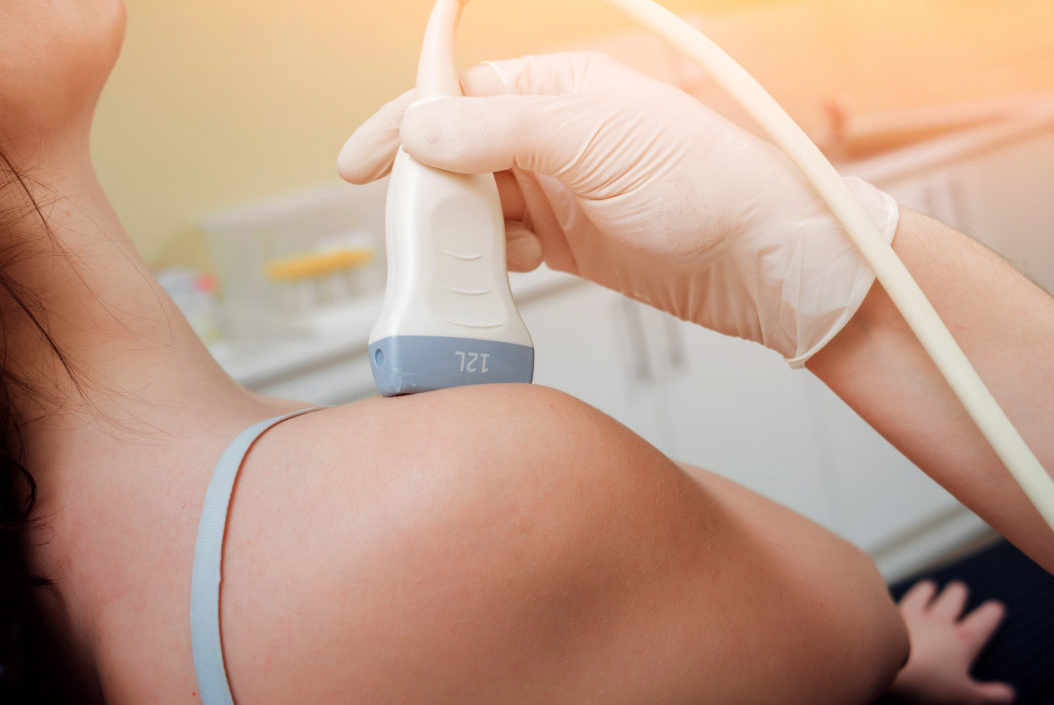Calcific tendonitis of the shoulder is often extremely painful and acute in onset. Symptoms may follow from a relatively minor trauma to the shoulder or from a recent change or increase of use. Equally, sometimes, there can be no obviously identifiable trigger. Calcific tendinopathy is more common in patients with diabetes and other endocrinol and metabolic disorders such as an underactive thyroid.
Patients will often present to their local A&E due to the severity of the pain which is often severely restricting their movement and function and disrupting their sleep. Symptoms are often poorly controlled by painkillers leaving patients feeling desperate for pain relief.
Calcific tendonitis (or tendinopathy) refers to calcium deposits found within the tendon, usually the rotator cuff tendon of the shoulder, which can vary significantly in size. The calcific deposits, if large enough, will usually be seen on x-ray. They are often not visible on MRI scan and so can get missed on this imaging. Ultrasound scan is usually the best modality for identifying calcific tendinopathy and also allows much more detailed analysis of the size and exact positioning and nature of the deposits which may affect the best approach to treatment.
Ultrasound-guided injection can be extremely effective for reducing pain in calcific tendinopathy. We use a very specialised technique known as Barbotage – a technique which involves the use of both local anaesthetic and corticosteroid. During the procedure the calcium deposit will be broken up and aspirated (drawn up in the syringe) where possible.
This procedure often results in dramatic reduction in the patients pain symptoms. We also provide a graded exercise program to follow in order to help the shoulder return to normal strength and function in the days after the injection procedure.
Very occasionally the calcific deposits will be too large and too solidified to treat solely through injection in which case you will be issued with a letter and report recommending potential further action which might be considered to resolve the issue such as reviewed by an orthopaedic surgeon.
Before any injection procedure we always screen for any potential contra-indications (reason why injection wouldn’t be safe) and advise of all the potential risks and side affects.
Please note that we are not able to offer injection procedures for patients during pregnancy as the potential risks are unknown. We are able to offer injections to patients who are breastfeeding as the British breastfeeding Association has confirmed that low dose steroid injections used does not present a risk to the breastfeeding baby.


